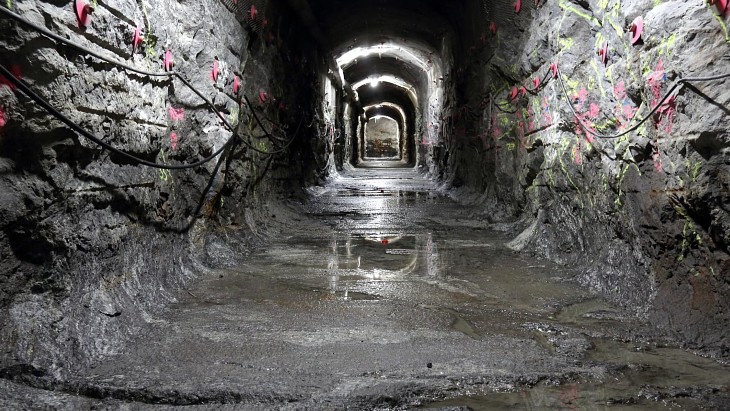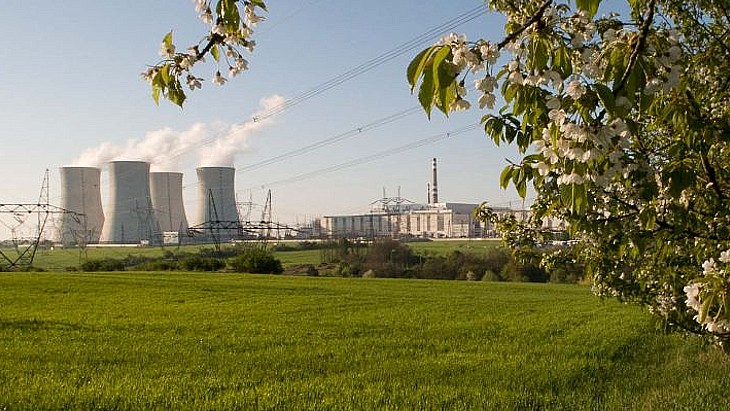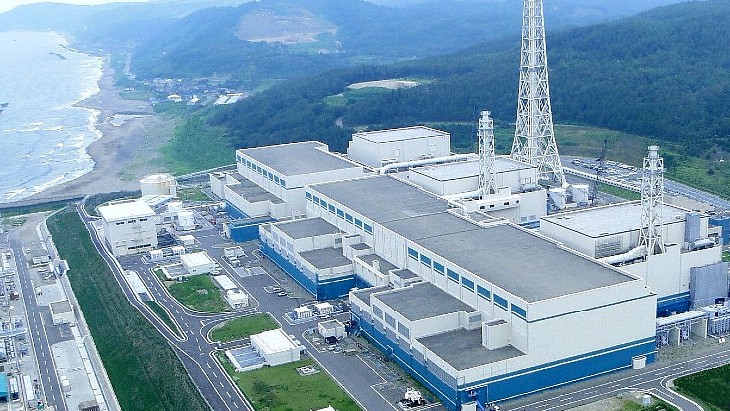Ontario's Bruce Power has partnered with the Council of the Great Lakes Region (CGLR) to conduct a three-year study of the impact of climate change on the region. The study will investigate the impacts on the region's ecosystems as well as corporate action to tackle climate change locally and regionally.
.jpg) |
| Bruce Power's Ontario site (Image: Bruce Power) |
The Great Lakes Region includes the Canadian provinces of Ontario and Quebec and the US states of Indiana, Illinois, Michigan, Minnesota, Ohio, New York, Pennsylvania and Wisconsin. The CGLR is a binational organisation focused on creating collaboration in harnessing the region's economic strengths and assets, improving the well-being and prosperity of the region's citizens, and protecting the Great Lakes for future generations.
The new study aims to provide insight into: the state of climate change science in the region; the impact of a changing climate on various ecosystems and sectors, including the region's aquatic environment, fisheries and Bruce Power's operations; the knowledge and decision-making systems needed to enable companies and communities better to manage changing risks as a result of climate change; and the role that Bruce Power and other sectors might play in tackling climate change, and how companies can adjust their corporate sustainability strategies to limit its impacts.
Tubing contract
BWX Technologies, Inc subsidiary BWXT Nuclear Energy Canada Inc has been awarded a CAD168 million (USD130 million), five-year contract extension to manufacture fuel for OPG's Darlington and Pickering nuclear plants. The deal extends the companies' current fuel manufacturing arrangement to the end of 2023.
Zirconium-alloy tubes for the fuel will be produced at BWXT's Anrprior operation, processed natural uranium pellets will be produced at its Toronto facility, and tubes and pellets will be assembled into fuel bundles at BWXT's Peterborough facility.
"The Great Lakes region, spanning eight states and two provinces, is both an economic powerhouse and a globally significant bioregion and freshwater resource," Mark Fisher, CEO of the CGLR, said. "As the region continues to grow and prosper, it's crucial that business, government, academia and the non-profit sector work jointly to understand and limit the impact of climate change in the Great Lakes, while seeking new ideas and technologies that will help accelerate our transition to a sustainable, low-carbon economy," he added.
Ontario phased out the use of coal for electricity generation in 2014, and nuclear provides over 60% of the province's power. The Ontario government's 2017 Long-Term Energy Plan recognises the refurbishment of existing nuclear power plants as the most cost-effective option for meeting the province's baseload generation needs. Ten nuclear units - four units at Ontario Power Generation's (OPG) Darlington plant and six units at Bruce Power's Bruce plant - are to be refurbished by 2033, while OPG's Pickering nuclear power plant will continue to operate until 2024 to provide baseload electricity during the Darlington and initial Bruce refurbishments.
The field of study on climate change is still relatively new, and Bruce Power continues to be engaged in understanding the impacts from climate change predictions and considering how it may affect future operations, the company said.
"We have commissioned the CGLR to conduct this study in order to provide important information and data that will assist Bruce Power and its partners in planning for its future, and also place continued focus on our role as a clean provider of electricity to tackle climate change itself," the company's vice president for corporate affairs and environment, James Scongack, said. "The Bruce Power site will operate for many years to come, so we think it is important to look ahead today to help us minimise and manage the effects of climate change.
"Though nuclear energy generates no carbon emissions and fights climate change simply by making carbon-intensive energy supplies such as coal unnecessary, there are still things we can do on our site, in our community, and regionally to reduce the impacts of climate change and meet the needs of the present without compromising the ability of future of generations to meet their own economic, social and environmental needs," Scongack added.
Bruce Power and the CGLR are looking for further partners to join the study.
Researched and written
by World Nuclear News





_53514_33880.jpg)







